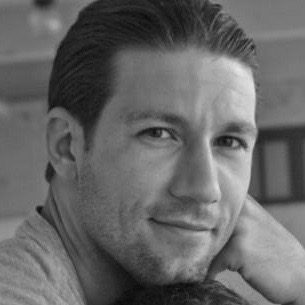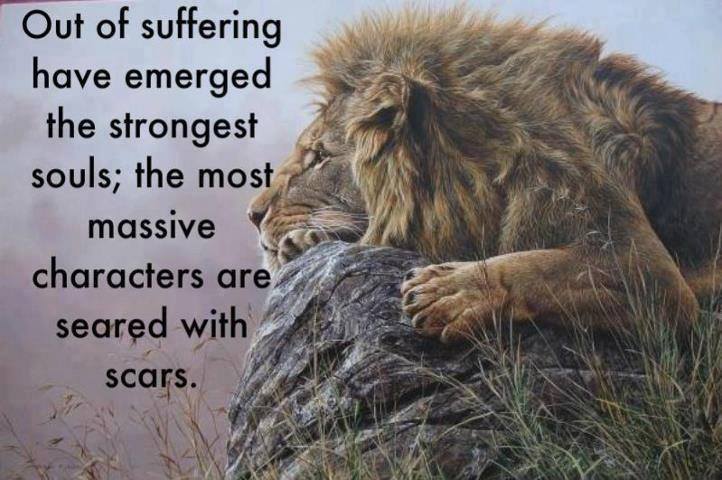
Nick Carmody
JD, MS Psych Psychotherapist
Adversity Doesn't Build Character, It Exposes it....

About Me
The essay below was written as a requirement for an application to the University of Denver’s Psy.d program:
Most people retain a lawyer when they are arrested for drug trafficking. I became one.
Many people seek the help of psychologists when they experience or struggle with psychological issues. I…
Bernard Paris said of Karen Horney: “If her suffering had been less intense, her insights would have been less profound”. Although I embrace adversity as a source of growth rather than a cause of suffering, I think the essence of Paris’ statement has relevance to my life journey.
In 2010, I suffered two Traumatic Brain Injuries. The arc of these experiences included everything from physical disability immediately after, to difficulty speaking where it seemed like the “clutch” was missing that would allow my mouth to engage and express my thoughts, to problems with memory where I literally went from being someone who had barely taken notes during law school to having to constantly say “I can’t/don’t remember”, to struggling with interacting with other people, to dealing with a diminished capacity/intelligence and all the accompanying confidence issues, to the eventual deterioration of my marriage, break up of my family, and all the difficulties involved with making those adjustments. Specifically, having to deal with the fear of being marginalized as a parent, which dredged up all kinds of feelings from my own (essentially) fatherless childhood that had apparently been dormant for decades. The cumulative effect of all of the above eventually caused me to question my own mental health.
Due to my life experiences I’ve found myself living, or have identified with, many opposing identities or roles. I was an overweight child, a condition I can trace back to being repeatedly raped as a 5 year-old boy. The effects of these and other early childhood experiences, when properly dealt with and mitigated, allowed me to have a number of completely polar experiences. As a result, I’ve been the fat kid on the end of the bench, and I’ve been the relative star captain of the football team; I’ve been a social afterthought, and I’ve been the guy girls wanted to be with and guys wanted to be; I’ve been everyone’s “all American”, and, because of some questionable choices in my early twenties, I’ve been a dirtbag drug dealer facing up to ten years in prison; I’ve been a college flunk out, and I’ve been the guy who’s pulled a 4.0 (semester) and made Law Review on the way to becoming an attorney; I’ve been the extremely motivated, highly competitive, hard-ass alpha male…and I’ve been a pastry-making stay at home dad who supported his wife and helped her to become a star; I’ve been the smartest guy in the room, and I’ve experienced head trauma that created a condition where I had substantially diminished capacity/ability; I’ve been a publicly engaging guy, and I’ve been the guy who couldn’t finish running errands because I couldn’t deal with having to interact with the cashier (TBI); and I’ve been someone whose hallmark was my rock solid mental toughness, but who, because of injury and circumstance, suddenly found himself questioning whether he’s standing on the wrong side of the mental illness line.
With divorce comes transition. And as I was regrouping, and struggling with the thought processes that accompany divorce (that I invested twelve years of my life into a future that no longer existed), I started to come to the conclusion that if I was going to be in a period of transition, then I should take the opportunity to completely transform (I analogize it to a molting process where you shed unhealthy people/situations/mindsets). There’s a saying in politics: “Never let a crisis go to waste”. There’s some relevance to that mindset in the post-divorce transition.
So when I started to consider my next move, I thought about my recent experiences, and where my passions lie. I’ve always been fascinated by people, what makes them who and what they are, and love solving the human puzzle. I’ve always been someone who intuitively “gets” people, and their stories and their adversity, in ways that few people do. Throughout my life people have gravitated towards me for my insights, perspective, and advice…and because I could relate to them and their experiences. I attribute this to some relatively unique abilities that have been shaped by quite a bit of my own adversity, as well as the wide-ranging experiences mentioned above. Specifically, I want to incorporate my own experiences into a practice that focuses on working with others who struggle with similar experiences.